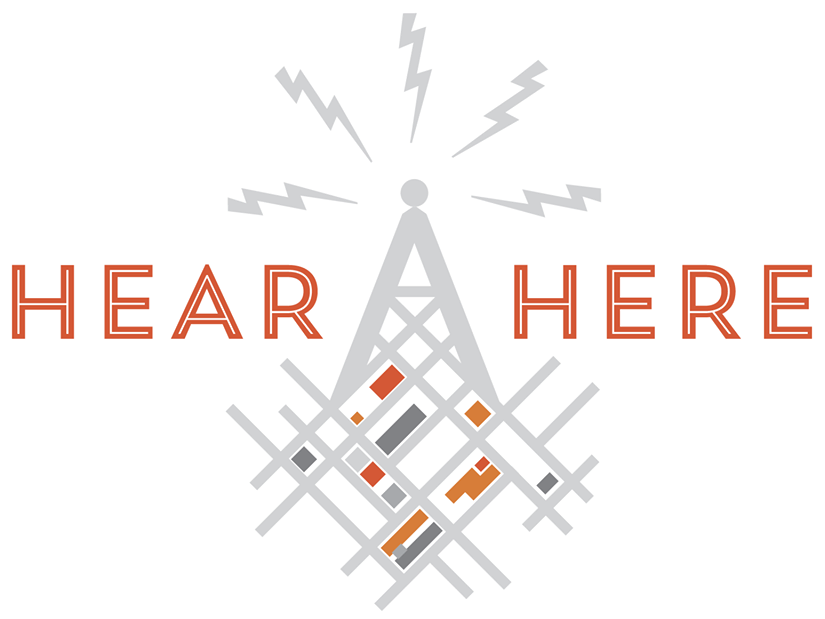Rose Reinert
Rose Reinert and three other members of the Human Rights Commission stepped down from their positions at a City Hall meeting. She discusses issues related to white privilege, housing discrimination, and the necessary steps to making La Crosse a more welcoming place for communities of color.
Transcript
Location: 400 La Crosse St, La Crosse, WI, 54601
My name is Rose Reinert. I am a former commissioner for the La Crosse Human Rights Commission, and in a recent meeting resigned and left that meeting due to housing complaints and concerns about referring those complaints to the Housing and Urban Development, or otherwise known as HUD. We actually had individuals who attended our meetings, and who alluded to the fact that there were some housing concerns with the housing authority; and we can only listen or act upon it if there is a formal complaint submitted. We had one complaint, and then another one came, and it became clear that questioning the housing authority was not a popular thing. It was actually irritating individuals. We started to receive recommendations to just let them go, and we didn’t want to do that.
There was one meeting that we received a memo from legal department, literally hours before we were going into our meeting, and it referenced several reasons why we should refer to HUD, and one of them was, “there’s pending legislation,” and it was very vague. So we ended up closing session, and we happened to have a city councilperson in the room. We said, “What is this pending legislation?” And she wasn’t sure, so she looked online because it’s public. She found it, and it said basically that we would have no jurisdiction; it would have to go immediately to HUD. It actually removed our ability to even hear about them; we’d have to immediately send it to HUD. Whatever that jurisdiction is for that complaint process, I feel like, as a city, there’s voices that are not being heard, and we felt after several different instances of just really being disrespected as commissioners that we wanted to make a statement and shed some light on what was going on, because it wasn’t as simple as, I made legislation.
It’s not that we walked out; that’s not the story. The story is people who are not given opportunities; I mean it’s a perfect example of how power is used to mute or to discourage. So, just because you don’t have to do better, doesn’t mean you don’t do better. The journey of understanding my privilege, without being defensive, recognizing the systems, how individuals are basically set up to fail. And as a community, we have to start addressing that. There’s just kind of this disconnect between feeling like if we acknowledge that there’s some issues here that we’re saying, “Oh, it’s somebody’s fault.” That’s not the point of it, it’s to explore that. How do we diversify on all levels as a community? If people don’t have a place at the table, how do they even feel we care what they think? This is a perfect example of someone standing up and saying, “This isn’t right,” and nothing happened, other than using power to shut it down. So, I think as a community, I think we have a long way to go, and a lot of that work has to be done by white people in their own assessment of themselves. And that’s a journey we need to take, and people of color don’t need to take us on that journey; it’s not their job.
